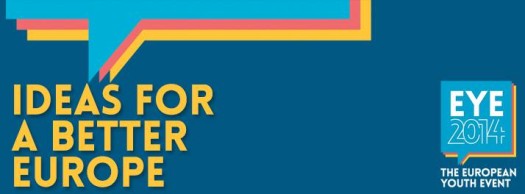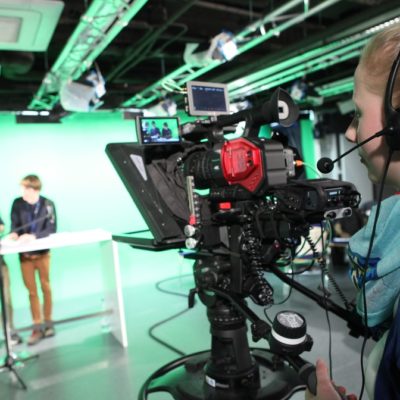by Oana Moisil
An elephant. That’s what comes to Irina’s mind, a Romanian participant in the European Youth Event, when she thinks of “social entrepreneurship”. “As a baby, it’s hard to believe that it will grow so big”, she explains. She is participating in the “Social entrepreneurship – The key to unlocking young people’s potential?” workshop, in a “yurt” that’s hosting approximately 60 other people. Everyone is invited to share their vision on what this new concept refers to. Diana, a member of The European Confederation of Cooperatives in Industry and Services (CECOP), doesn’t think of elephants. For her, social entrepreneurship can be translated into “having democracy at the work place”. Others in the workshop share her vision. Kareem, a young entrepreneur from Germany, believes that it is about “finding ways to do business thinking of how to help others, not of how to help your own pocket.”
“To start a social enterprise, first name the things you would like to change around you”
The one who teaches what social enterprises are is Lucie Frisoua, a Czech freelancer trainer from the International Young (IYNF) Naturefriends organisation. She thinks that, in what concerns the first steps of every social entrepreneur, one should first take into consideration the surrounding problems. She gives everyone yellow post-it papers to share the things they want to change in the society.
Social exclusion. Corruption and nepotism. Fear of failure. Inequality, low moral standards, exploited workers. People moving away from the countryside. Individualism. The power that the International Monetary Fund has upon decision makers. These are just few of the many problems the participants have identified.
“I don’t like to say business”
Lucie doesn’t believe that social entrepreneurship should be named business, even though, in order to survive as a social entrepreneur, one must follow almost the same rules as other investors. “Banks have the same expectations as from the normal enterprises and you are still competing in the same trade with regular investments”, underlines Lucie. But the pluses of participating in social enterprises overshadow the minuses. The examples she offers to empower her arguments are few ideas that Czech young people implemented in their country.
One of the most interesting ones is “Pragulic”, a touristic guide facilitated by homeless people, so one can see another face of the Czech Republic’s capital. “FAIR=ART” is another idea that some young Czech lawyers came with, in order to provide free legal services for artist who don’t know, for example, how to sell their paintings without being robbed.
MU! for ideas
Ten minutes before the ending of the event, participants are provoked to come with ideas about how a cow could be the starting point of a social enterprise. From cow’s intestinal gases used as fuel, to ideas about renting the animal for experiencing how it is to live with a cow for a day, the participants bring more than 10 different ideas to this. One might think that finding ideas for social entrepreneurship is as easy as saying “MU!”












